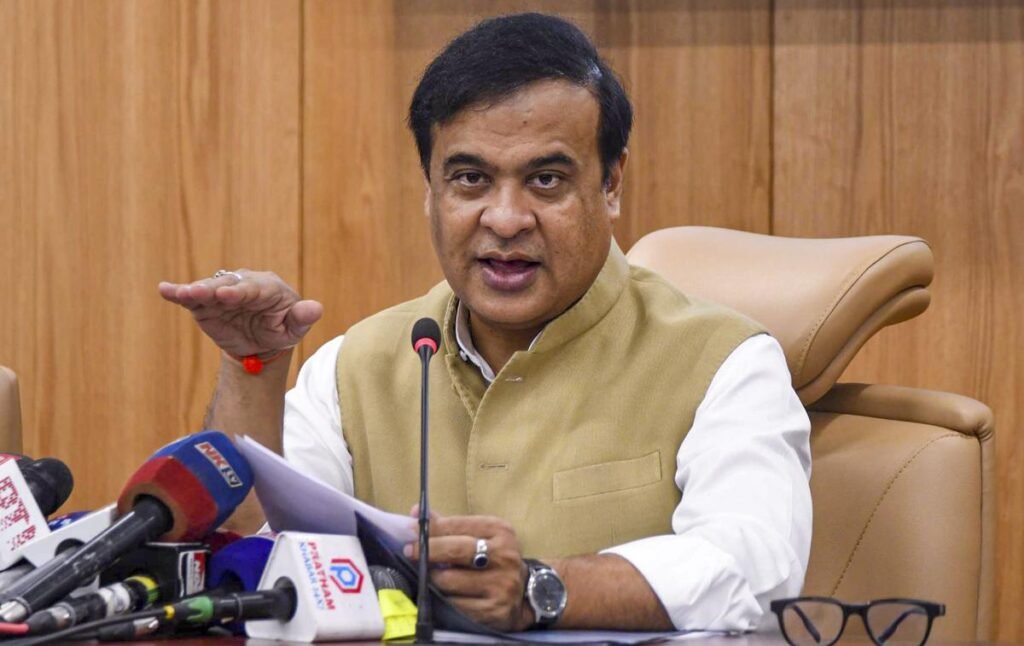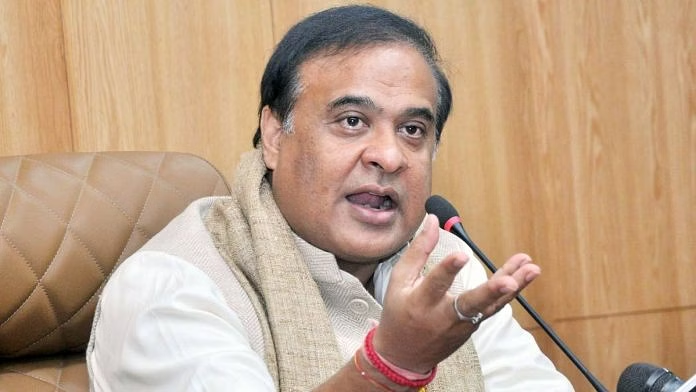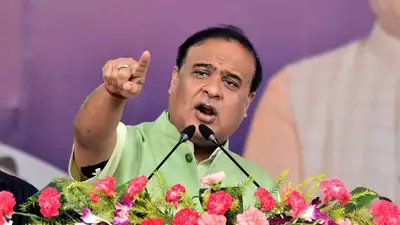In a significant win for the people of Assam, nearly 10 lakh residents who had been struggling due to the locked biometric status on their Aadhaar cards are finally seeing light at the end of the tunnel. The issue, which had persisted for over five years, caused great hardship for the affected individuals, hindering their access to essential services and benefits that rely on Aadhaar authentication. In a move that fulfils a key electoral promise, the government has successfully advocated for unlocking these biometrics, bringing much-needed relief to countless families across the state.

The Biometric Lock Dilemma
To understand the gravity of this decision, it is necessary to go to the roots of the problem. Aadhaar, India’s unique identification system, plays a vital role in the lives of millions of people, serving as a gateway to various government schemes, financial services, and identity verification processes. However, between 2017 and 2018, nearly 10 lakh people from Assam who applied for Aadhaar during this period found their biometrics inexplicably locked. This meant that their fingerprints and iris scans, which are crucial for Aadhaar verification, were not available for authentication purposes.

This biometric lock rendered their Aadhaar cards practically useless, leaving these individuals unable to access services that required biometric verification. From withdrawing money from banks to receiving subsidies, scholarships and pensions, locked biometrics became a significant barrier. For many, particularly in rural and marginalised communities, the situation was dire, as they struggled to navigate a system increasingly dependent on Aadhaar.
A Pending Issue
The biometric lock was not just a technical glitch – it represented a systematic failure that left a significant portion of Assam’s population in a precarious position. Many of those affected included daily wage labourers, elderly citizens and those from economically weaker sections, for whom the Aadhaar card is more than just an identity – it is a lifeline. As the years passed and no solution was found, frustration grew and the issue became the focus of public discourse.

The reasons behind the biometric lock were varied and not entirely clear. Some reports suggested that anomalies during the enrolment process, including mismatched data and technical errors, may have contributed to the lock. However, a lack of clear communication and delayed action on the part of officials only added to people’s frustration. People found themselves caught in a bureaucratic maze, with no clear answer on how to resolve their biometric lock status. For five years, the problem persisted, becoming emblematic of the systemic challenges within India’s digital identity framework.
Political promises and public advocacy
Against this backdrop, Assam’s political leaders recognised the urgent need to address the biometric lock issue. During the election campaign, promises to solve the Aadhaar dilemma were made, as parties wanted to connect with the everyday struggles of the affected population. It was not just about fulfilling an election promise; It was about restoring dignity and functionality to the lives of people who had been sidelined due to a technical glitch.
The pressure for action mounted after Assam’s political representatives raised the issue with the central government. Persistent advocacy and discussions with officials in New Delhi were crucial in highlighting the problem at a national level. The message was clear: unlocking biometrics was not just a matter of convenience, but a necessity to restore access to basic rights and services for Assam’s citizens.

The promise to unlock biometrics resonated deeply with voters who had endured years of frustration and helplessness. It became a litmus test for elected leaders who were expected to deliver concrete results. The commitment to resolve the biometric lock issue became a symbol of accountability and responsiveness in governance, reflecting a widespread desire to bridge the gap between government promises and the everyday realities of citizens.
Success: Unlocking biometrics
After persistent efforts and conversations, success was finally achieved. The central government agreed to unlock the biometrics of all affected individuals in Assam, a decision that was widely welcomed and celebrated. The unlocking process is expected to be completed in a phased manner, with clear timelines and protocols to ensure that every affected individual gains full access to their Aadhaar-enabled services.

This decision is a significant victory not just for the affected individuals but also for the broader democratic process in India. It underscores the power of public advocacy and political will in driving systemic change. For nearly 1 million people who were grappling with the consequences of locked biometrics, this decision is more than just a technical solution – it is a restoration
Close to 10 lakh people from Assam, who applied for Aadhar during a certain period had their 'Biometric Locked' for 5 years and had to suffer due to it.
— Himanta Biswa Sarma (@himantabiswa) August 28, 2024
Fulfilling a key election promise, we took up this issue with the Union Government, and it’s heartening that they have decided… pic.twitter.com/lUUvcMI6L1
